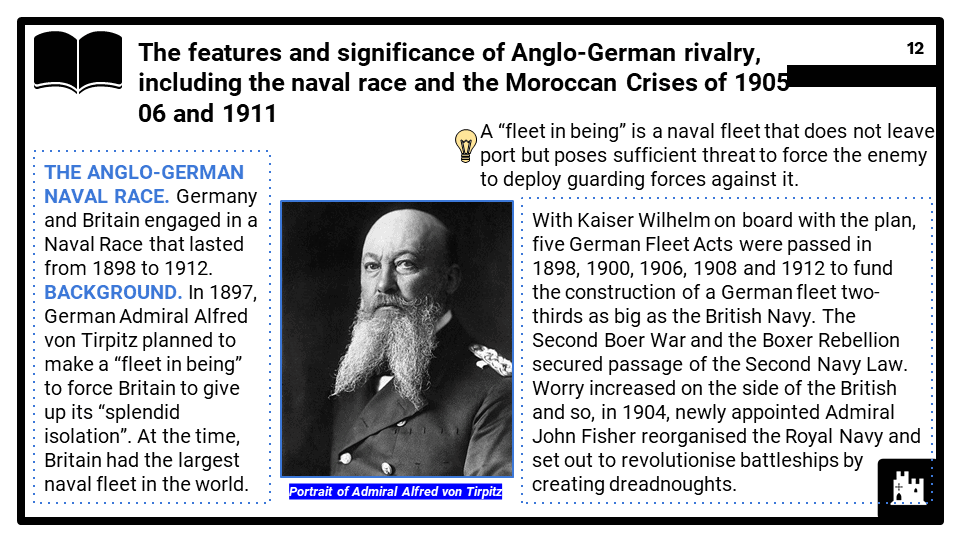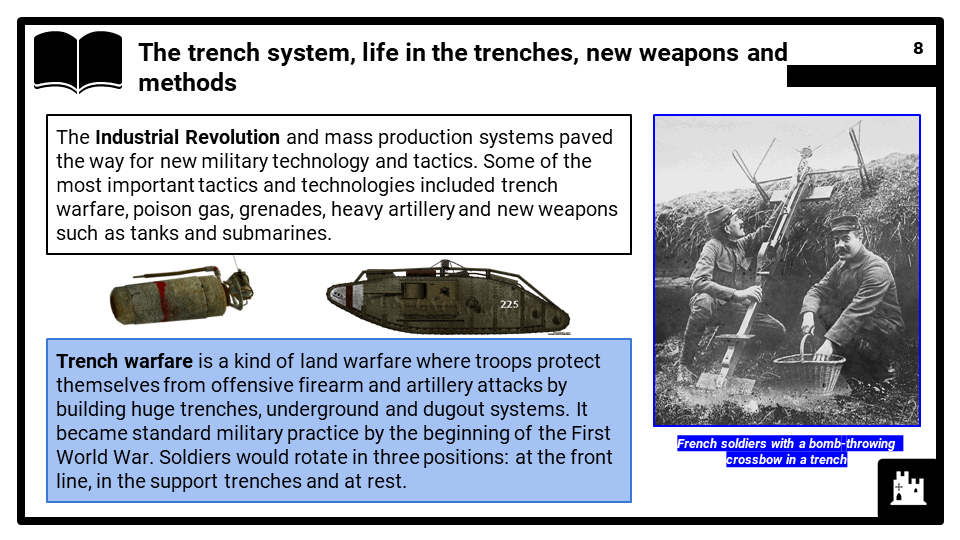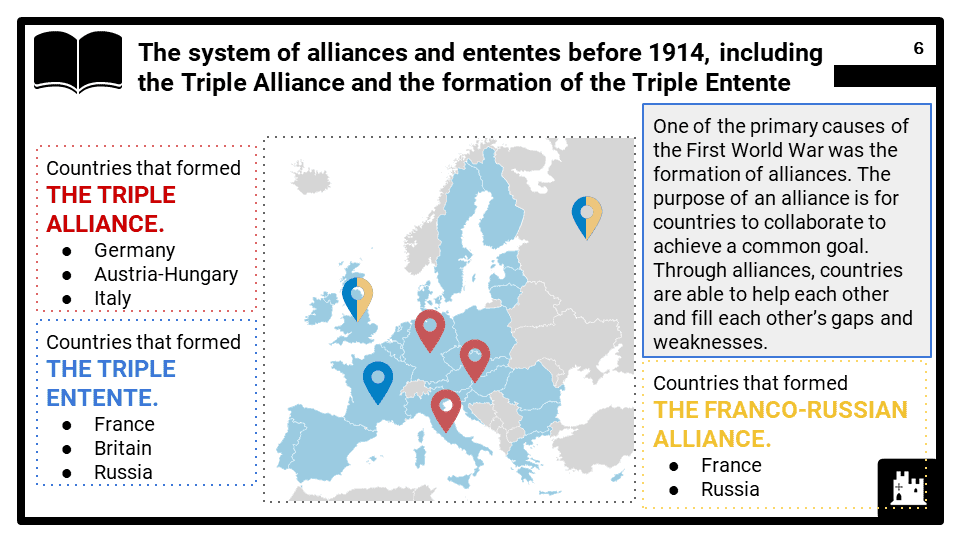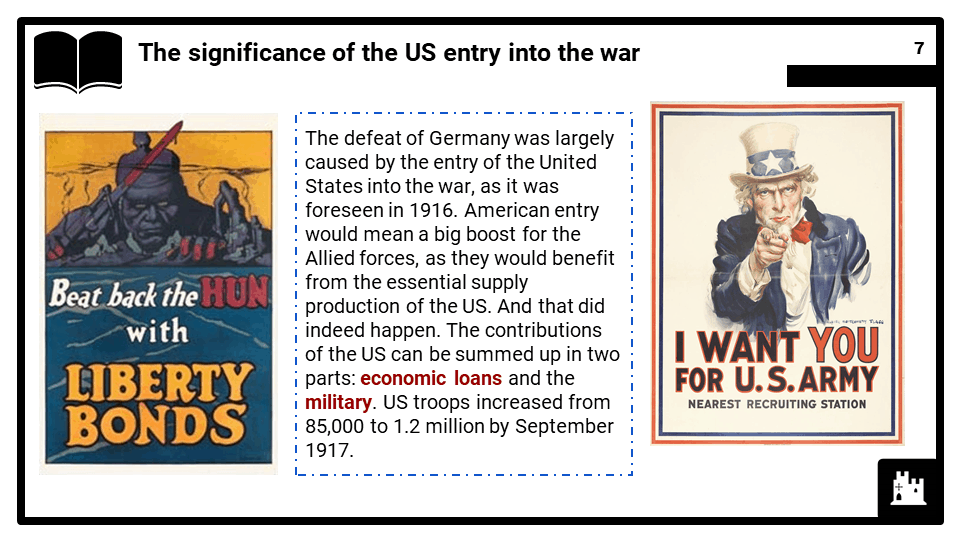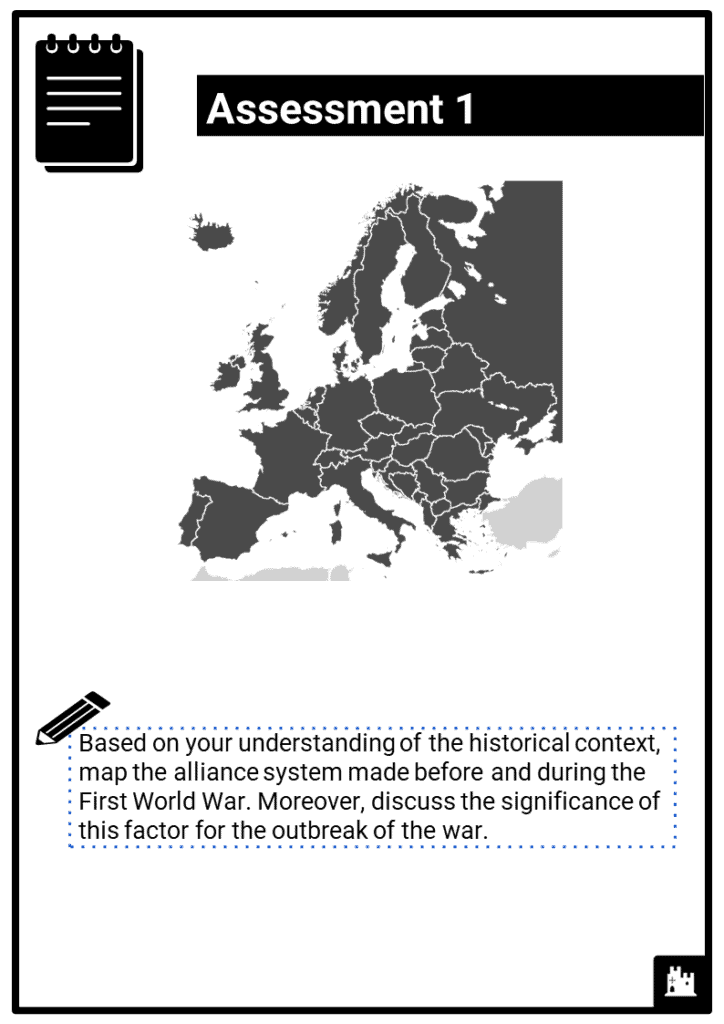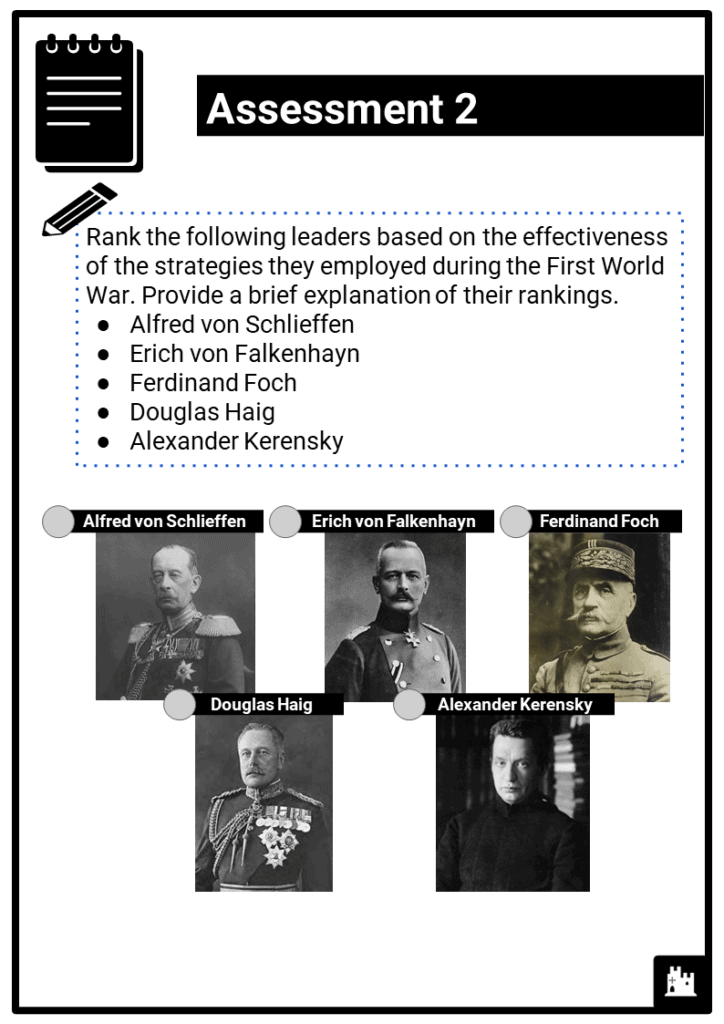Teach any Edexcel IGCSE module A1 : The origins and course of the First World War, 1905–18, no prep needed!
Do you want to save dozens of hours in time? Get your evenings and weekends back? Be fully prepared to teach any Edexcel iGCSE topic A1?
Every Edexcel iGCSE topic A1 is covered, and each module comes complete with:
The origins and course of the First World War, 1905–18
In this wider world depth study module, students will explore and come to understand the complex and diverse interests of the Great Powers and other states that provided fertile ground for tension and hostilities. It focuses on the causes, nature and conclusion of the First
World War and seeks to demonstrate how and why tensions escalated and conflict broke out, and why it proved so difficult to bring one of the deadliest wars of the modern era to a conclusion. This study also explores the roles and actions of key individuals and groups in shaping change and how they were affected by and influenced international relations.
This module covers the following content:
Part one: The causes of the First World War
Themes explored include:
The alliance system and international rivalry, 1905–14
- The system of alliances and ententes before 1914
- The Triple Alliance and the formation of the Triple Entente
- Economic, imperial and military causes of international rivalry.
The growth of tension in Europe, 1905–14
- The key issues in the Balkans and their significance for international relations, including Balkan nationalism and Austro-Serbian rivalry
- The features and impact of the Bosnian Crisis (1908–09) and the Balkan Wars (1912–13)
- The features and significance of Anglo-German rivalry, including the naval race and the Moroccan Crises of 1905–06 and 1911
- The assassination of Archduke Ferdinand at Sarajevo and its consequences
- The events leading to the outbreak of war, including the part played by international agreements and the roles of the great powers.
The Schlieffen Plan and deadlock on the Western Front
- The Schlieffen Plan and reasons for its failure
- The trench system and life in the trenches
- New weapons and methods
- Reasons for deadlock
- Key features of the Somme and Passchendaele
- Successes and failures on the Western Front, including the responsibility of Haig.
The war at sea and Gallipoli
- German threat to Britain in the North Sea
- German raids, Heligoland Bight, Dogger Bank and Jutland
- The U-boat threat, the Lusitania and anti-U-boat measures.
- Reasons for, and key features of, the Gallipoli campaign
- Evacuation and effects of the campaign.
The defeat of Germany
- The significance of the US entry into the war
- Key features of the Ludendorff spring offensive (1918)
- The Allied drive to victory (July–November 1918) and reasons for the German defeat.

